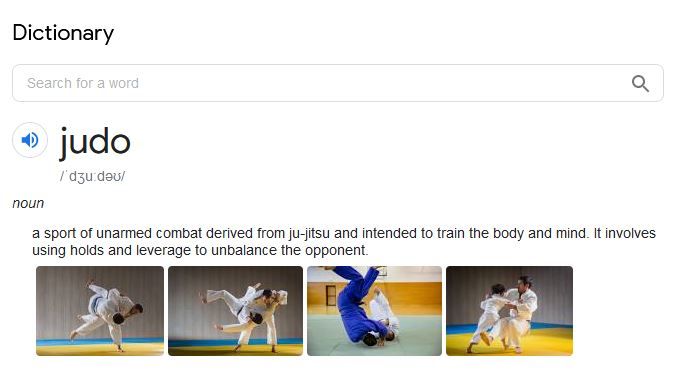
It's both easy and hard to describe what judo is. You could just say that judo is an Olympic sport that originated in Japan. You could also say it's a form of jacket wrestling. But neither of those answers tell you much about what the sport of judo comprises of.
Broadly speaking judo techniques can be broadly grouped under throws and groundwork. In Japanese, we say nage-waza and katame-waza.
Is there a canon of judo or a syllabus of some kind? Yes, there is. The Kodokan officially recognizes 100 techniques (68 nagewaza and 32 katame-waza). People often refer to this as the Gokyo.
Of the 68 nagewaza, eight of them are considered illegal under current IJF rules. So, from a sporting perspective, they are irrelevant. And of the 32 katame-waza, two are illegal under IJF rules. So the number of legal techniques is 90.
Does that mean if you know all 90, you know everything there is to know about judo? Of course not but someone could make an argument that you fully know Kodokan Judo. And if all you are interested in is being able to demonstrate Kodokan Judo on a cooperative partner, then that's good enough for you. But if you want to be able to do judo techniques against a resisting partner in a randori or a shiai, there's a lot more for you to learn than just these Kodokan-recognized throws.
It's important to point out the classical versions of techniques (in Kodokan Judo) often don't work in a real-life contest situation. Some do but many don't. So, if you want to get good at judo in a randori and shiai setting, you have to learn contest variations.
For every technique there are multiple contest variations. Some have become very common to the point they are considered mainstream and some are very obscure. But variations abound.
So there are the classical versions, which are important to know only in an academic sense since many of the techniques are not practical for use in a real-life randori or shiai situation. And there are the contest versions, which are immensely practical.
Should a person who is interested in being able to actually apply judo techniques focus only on contest versions? They could if all they are interested in are competitions. There's no need to learn the classical version in that context. But if a person wants to become a judo instructor, it makes sense to also be familiar with the classical versions because there are students who want to learn such things. So, you can't really call yourself a judo instructor without knowing the classical versions of Kodokan Judo.
